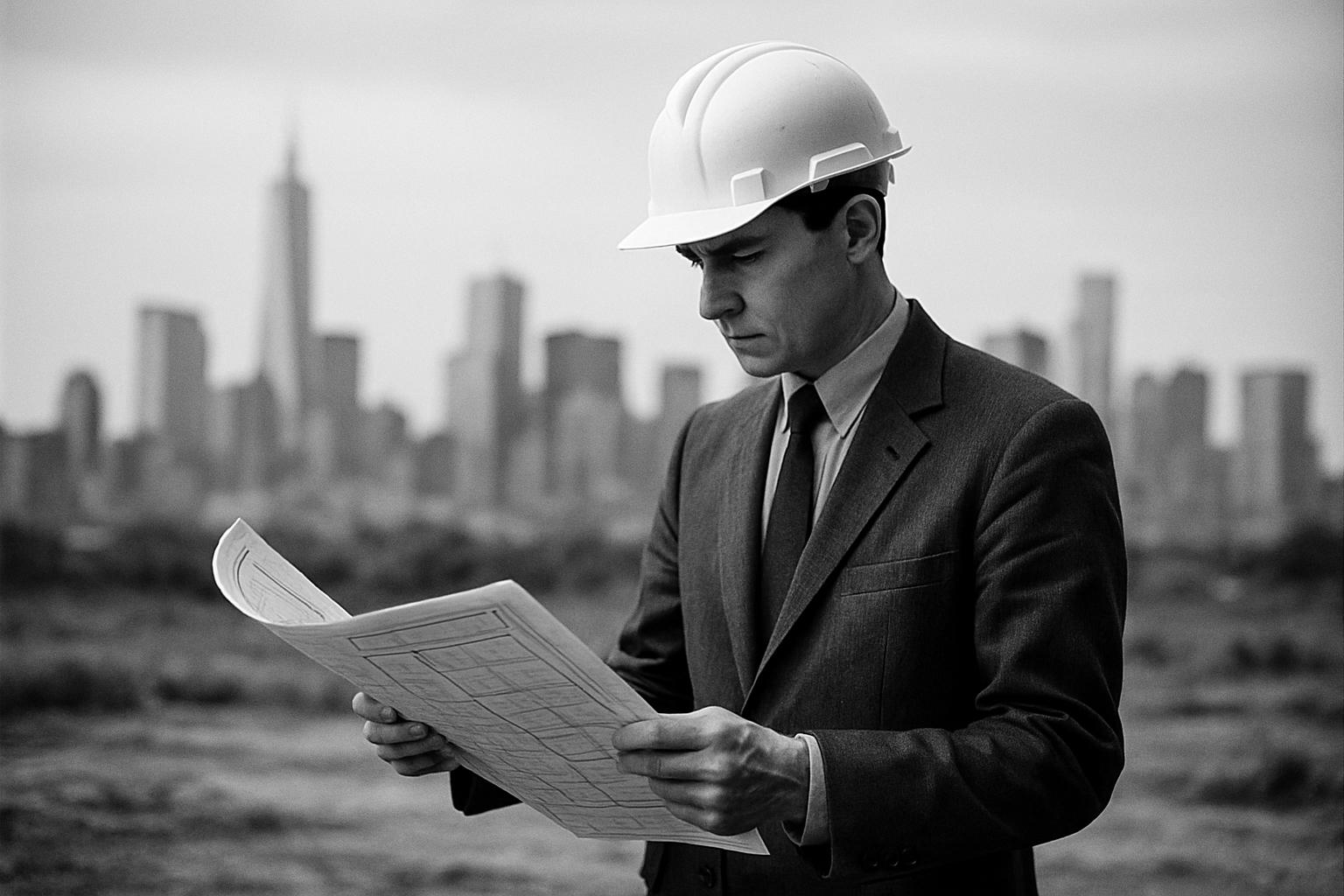Ronan Group Real Estate (RGRE) has, for the second time in just a few months, signalled a potential return to the London market, while continuing to push its extensive Dublin development programme. The Dublin-based developer, best known in the UK for the aborted Battersea Power Station project, disclosed that alongside its Irish pipeline it is “actively pursuing opportunities” in London, with the initial focus on living schemes under its Libra Living brand. The timing follows the €177 million sale of Spencer Place in Dublin’s Docklands to Ardstone, a deal described as Ireland’s largest residential investment of the year and a clear gauge of strong urban living demand. RGRE’s leadership also reinforced the prospect of a London comeback in a statement to Bisnow, with Rory Williams noting there is a “desire to go back into London” after the Fortress settlement cleared the way for UK activity. London, Williams suggested, would be a natural next step for the firm’s regeneration-driven approach, given RGRE’s recent focus on Dublin projects such as the Glass Bottle site near Sandymount and Citi’s €300 million European headquarters on North Wall Quay. The group’s past in London sits at the heart of its current strategy: during the pre-Global Financial Crisis era, its partners in the Treasury Holdings venture proposed a vast, largely mixed-use master plan for Battersea Power Station, a project later derailed by financial distress and regulatory oversight. Rafael Viñoly Architects’ master plan for Battersea ambitiously charted 8.5 million square feet of offices, homes, retail and cultural space, linked by enhanced transport and riverfront connections. The scale and ambition of that vision continue to inform RGRE’s thinking as it surveys a possible UK re-entry, according to contemporary background material on the Battersea redevelopment.
The idea of RGRE re-entering London is described in detail by industry observers as part of a longer arc. The Irish Times noted in November last year that RGRE’s leadership viewed London as the obvious location for future activity once the dust settled from the earlier dispute with Fortress Investment Group, framing the move as a strategic extension of RGRE’s regeneration portfolio. The Battersea plan—originally pitched during the Treasury Holdings era—was a landmark undertaking: a sprawling, mixed-use redevelopment in Nine Elms anchored by the power station and supported by a proposed Northern Line extension, with offices, homes, retail and cultural amenities arranged around a formal circular public space and riverwalk. Although the master plan captured the imagination, the project stalled in 2011 as lenders moved to appoint administrators and Treasury Holdings was ultimately wound up in 2012. Speaking to The Irish Times, RGRE’s leadership has signalled that London remains the obvious target for a future UK venture, even as the company continues to prioritise its Dublin sites and the ongoing regeneration play around Poolbeg West.
In Dublin, RGRE’s deal flow has continued apace. Ardstone Capital is set to pay €177 million for Spencer Place, a high-end residential scheme RGRE developed in the Dublin Docklands, a transaction that underscores robust demand for urban living and the continued appeal of RGRE’s Dublin portfolio. The sale accompanies RGRE’s broader Dublin pipeline, including the ongoing Waterfront project in Ballsbridge and the Glass Bottle development, with Libra Living newly managing the rental side of RGRE’s urban assets. Separately, RGRE remains active in the city’s broader regeneration agenda, including plans at the former Irish Glass Bottle site that involve Pembroke Beach DAC’s proposed 20-storey hotel tower, a project designed to add hundreds of bedrooms and bolster Dublin’s west harbour as a major mixed-use destination. The 20-storey concept, reported in March 2025, reflects RGRE’s intent to continue expanding its urban footprint in Ireland even as it eyes opportunities north of the Irish Sea.
In short, RGRE’s latest communications frame London as a credible, if aspirational, next leg in its international expansion, anchored by the company’s experience with large-scale regeneration and its ongoing Dublin successes. While the Battersea period remains a touchstone for the group’s ambitions in the UK, the immediate path appears to start with living-led, placemaking-focused opportunities that could, if realised, translate into a broader UK portfolio once the market conditions align.
📌 Reference Map:
Source: Noah Wire Services
